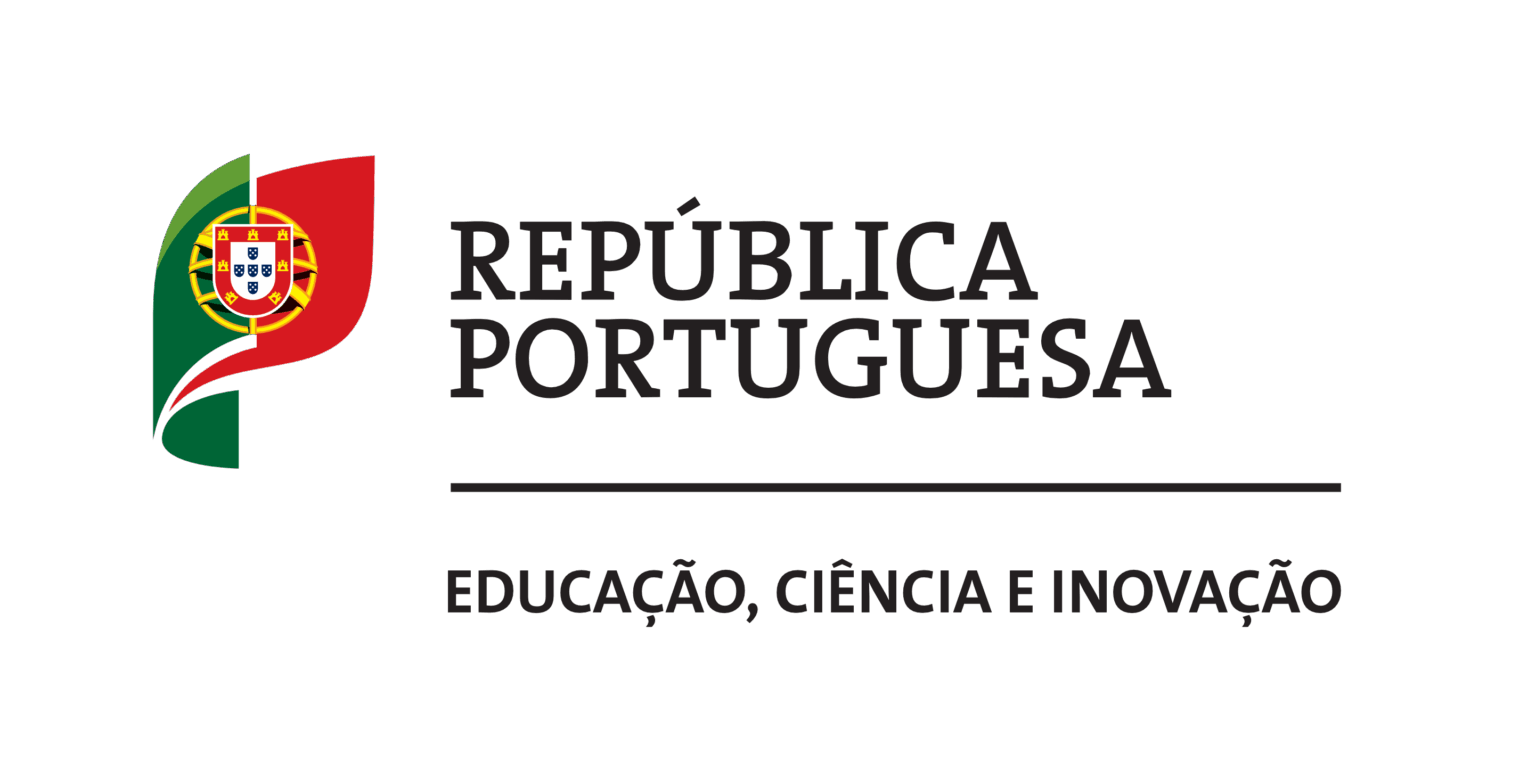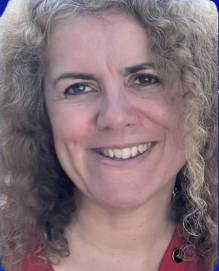There are no upcoming events.
Members
Nationalities
Institutions
Who are we?
NOVA Math‘s focus is on cutting edge research, in both pure and applied mathematics, valuing the use of mathematics in the solution of real-world problems at the industrial level and of social relevance.
Research Groups
Thematic Lines
One of the main strategies developed by NOVA Math is to promote the exchange of knowledge with other sciences. It is important to engage with the users of mathematics, given them the support for their research on one hand, and on another hand, to direct mathematical researchers that seek real-life problems.
Funded by national funds through the FCT – Fundação para a Ciência e a Tecnologia, I.P., under the scope of the following projects:
UID/00297/2025, UID/PRR/00297/2025, UID/PRR2/00297/2025; UIDB/00297/2020, UIDP/00297/2020; UID/MAT/00297/2019; UID/MAT/00297/2013; PEst-OE/MAT/UI0297/2014; PEst-OE/MAT/UI0297/2011.







